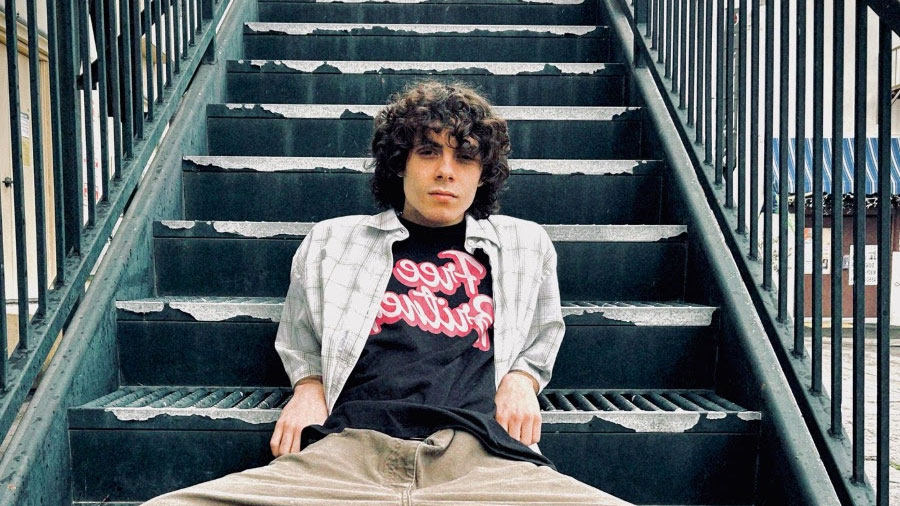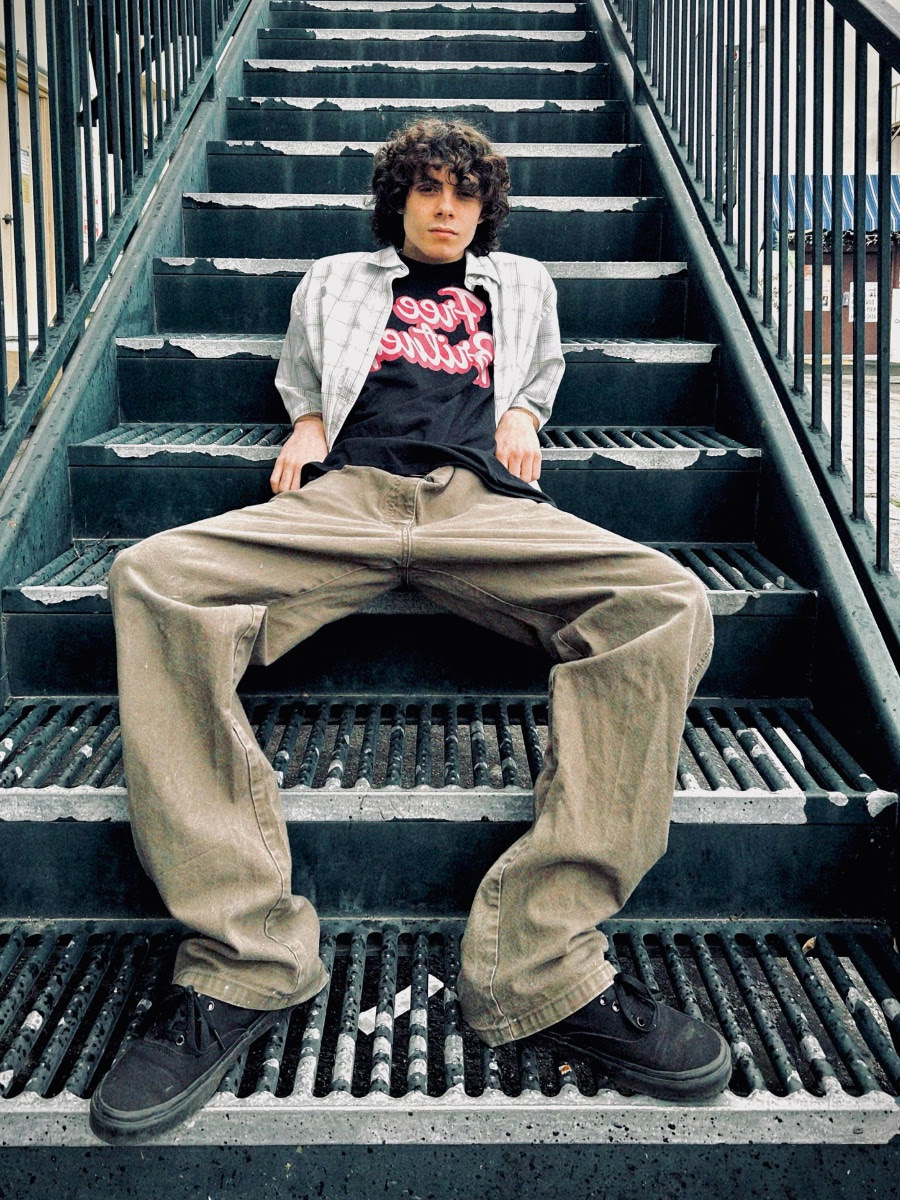| |||||||||||||
|
Trending Now
- Don’t Believe In Ghosts Premiere New Music Video for “Paper Tiger”
- The Damned release new single “Summer in the City”
- HUMANITY'S LAST BREATH share crushing new single 'Godhood'
- MARIANAS REST Celebrate Album Release with New Music Video for "Again Into the Night"!
- OV SULFUR RELEASE BOUNDARY-PUSHING SOPHOMORE ALBUM ENDLESS
- Born Of Osiris // Within Destruction // Aversions Crown // Larcenia Roe // Through Shadows - EU/UK Tour Live Review // Belfast
- DREAM THEATER “LOST NOT FORGOTTEN ARCHIVES” SERIES RETURNS WITH 'LIVE IN TOKYO, 2010'
- India's Pacifist release defiant post-hardcore EP, five
- Rick Monroe and the Hitmen Drop New Single “Bad Thing”
- palettes Shares High-Energy New Single "magenta. (restless)"




